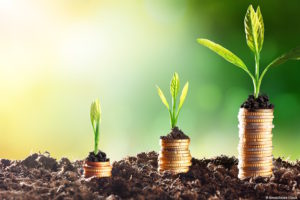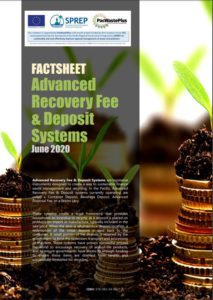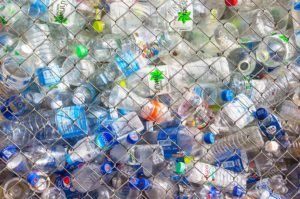
Resources
Browse our full library of in-depth resources and publications
The PacWastePlus programme team is committed to producing meaningful and valuable publications and resources that provides guidance for improving waste management in the Pacific
Search

Factsheet
Pathway for a Sustainable Financing Mechanism
The development of a sustainable financing mechanism to assist with funding the sound management of wastes is an opportunity for countries and territories to explore, especially given the current level of donor support on waste management.
The proposed pathway for sustainable financing mechanism outlines 21 priority steps around the topics of:
i) identification of the need for legislation
ii) research
iii) political will and support
iv) preliminary systems concept
v) feasibility study
vi) consultation
vii) confirmation of sustainable finance system design
viii) legal drafting
ix) implementation
x) monitoring, evaluation, and auditing.
It is envisaged that the Secretariat will assist Members to implement as well as coordinate this Pathway through the Cleaner Pacific 2025 and capitalising on current donor-funded projects such as the PacWastePlus programme, GEF ISLANDS, SWAP and JPRISM II as well as any new projects that would be mobilised as part of the proposed pathway

Factsheet
Advanced Recovery Fee & Deposit Systems
Advanced Recovery Fee & Deposit Systems are legislative instruments designed to create a way to sustainably finance waste management and recycling. In the Pacific, Advanced Recovery Fee & Deposit systems currently operating are called a Container Deposit, Beverage Deposit, Advanced Disposal Fee, or a Waste Levy. These systems create a legal framework that provides households an incentive to recycle, as a deposit is placed on products on import or manufacture, typically included in the sale price. When the item is returned to a deposit location, a redemption of the initial deposit is paid back to the consumer. A small portion of the deposit is retained by the government to fund the collection, transport and processing of the item. These systems have proven successful around the world to encourage recovery of end-of-life products,
and to ensure governments have access to enough funding to ensure these items are diverted from landfills and successfully recovered for recycling.
Newsletter Subscription
Would you like to subscribe to our quarterly programme newsletter-The Connection?
We care about the protection of your data. Read our Privacy Policy.
Newsletter Signup
To sign up to our newsletter, enter the information below and we will add you to our mailing list for all future regional and project updates.

